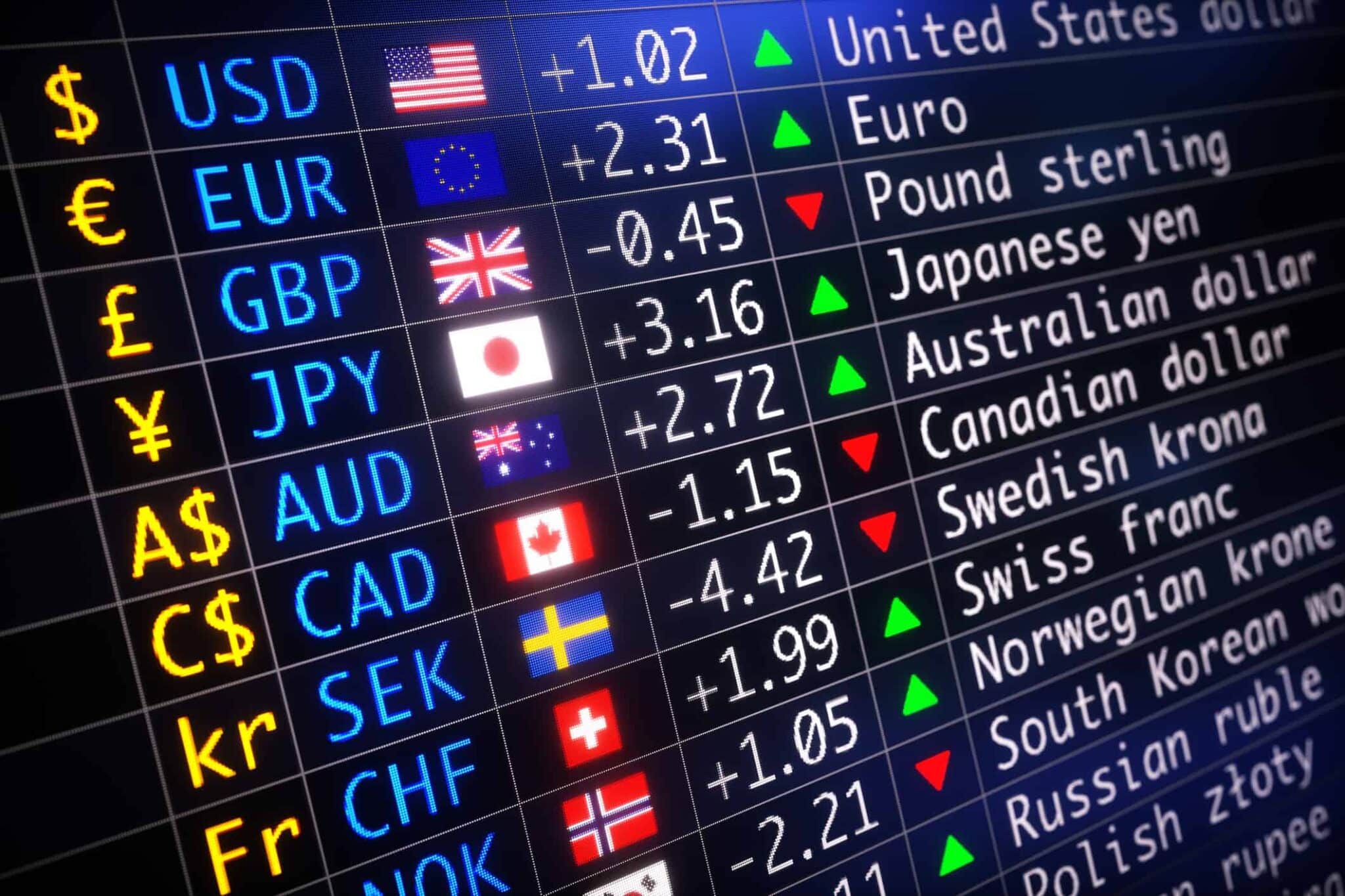Forex trading, or foreign exchange trading, has seen a rise in interest among novices and seasoned traders alike. As the most extensive financial market in the world, with daily exchanges in the trillions, it provides avenues for those seeking to profit from variations in currency values. However, success in Forex is not solely dependent on technical skills or market insights; the psychological aspects of trading play a vital part. Comprehending the mindset of a trader who succeeds is essential for navigating the challenges of the Forex market.
In this piece, we will discuss the fundamental aspects that determine the mental approach of Forex trading. From controlling emotions to cultivating a disciplined approach, we will cover the key features that can help traders make informed decisions and steer clear of typical mistakes. By understanding the mental influences at play, you will be more prepared to confront the challenges of Forex trading and improve your odds of achieving long-term success. Whether you are just starting your trading journey or aiming to improve your trading strategies, understanding the mentality of traders can significantly impact your results in the market.
Comprehending FX Forex Trading Basics

Foreign exchange or FX, is the largest and most active financial market in the world, where currencies are exchanged. The main function of the forex market is to facilitate international trade and capital allocation by allowing traders to swap one currency for a different one. This process is governed by the laws of supply & demand, which set the price of each currency. Grasping how the forex market operates is essential for those looking to enter this exciting and dynamic arena.
One key aspect of forex trading is the concept of currency pairs. When trading forex, you are at the same time purchasing one currency while offloading another, which is always displayed in pairs. For instance, in the EUR/USD pair, the euro is the base currency, and the US dollar is the secondary currency. Traders analyze these pairs to forecast upcoming price movements based on multiple factors, including economic indicators, interest rates, and geopolitical events. Mastering these fundamentals enables traders to make informed decisions and create efficient strategies.
Using leverage plays a significant role in forex trading, as it allows traders to manage bigger positions than their initial investment would typically allow. While leverage can increase profits, it also heightens the chance of losses, making it a double-edged sword. Therefore, grasping how it works and employing adequate risk management strategies is crucial for achieving success in the forex market. This base in trading principles equips new traders with the knowledge needed to navigate the complexities of forex trading effectively.
Approaches for Successful Forex Trading
To succeed in Forex trading, creating a strong trading plan is crucial. This plan should explicitly define your goals, risk tolerance, and trading strategies. Begin by identifying your trading style, whether day trading or swing trading, and then choose the appropriate strategies that align with your goals. Consistency is key, so adhere to this plan and assess it regularly to adapt to evolving market conditions.
One efficient strategy in Forex trading is to use technical indicators to enhance decision-making. Common indicators like moving averages, Relative Strength Index (RSI), and MACD can assist traders recognize trends and entry or exit points. Integrating these tools into your analysis not only aids in making informed decisions but also assists in eliminating emotional influences from trading, which can lead to better outcomes.
Risk management is another vital aspect of successful Forex trading. Implementing stop loss and take profit orders can considerably protect your capital and lock in profits. Understanding the risk-to-reward ratio is essential; strive to only take trades where the potential reward outweighs the risk. This systematic approach will help you navigate the ups and downs of the Forex market and maintain a sustained perspective on your trading journey.
Emotional Factors of Foreign Exchange Trading
The psychological landscape of Foreign Exchange trading is a crucial factor in determining a trader's performance. The original source as fear, greed, and impatience can significantly influence judgment processes, leading to irrational choices. Traders must learn to identify and manage these emotions, as they can result in excessive trading or clinging to losing positions longer than wise. Profitable traders cultivate psychological resilience, allowing them to remain calm under pressure and stick to their trading plans.
Additionally important aspect is the value of self-discipline in Foreign Exchange trading. Regularly applying strategies and maintaining strong adherence to safety rules can be challenging, particularly during financial volatility. Traders frequently confront the problem of deviating from their plans in search for quick gains. Fostering discipline helps mitigate rash decisions, enabling traders to adhere to systematic approaches that boost long-term gains.
Moreover, self-knowledge plays a critical role in attaining triumph in Forex trading. Understanding one’s abilities, weaknesses, and biases can enhance a trader's ability to make informed decisions. Regular self-reflection and maintaining a trading journal can provide understanding into personal habits and psychological triggers, ultimately leading traders toward more educated choices. This deepened self-awareness can foster a more resilient trader mindset, resulting in better outcomes in the Foreign Exchange trading environment.
